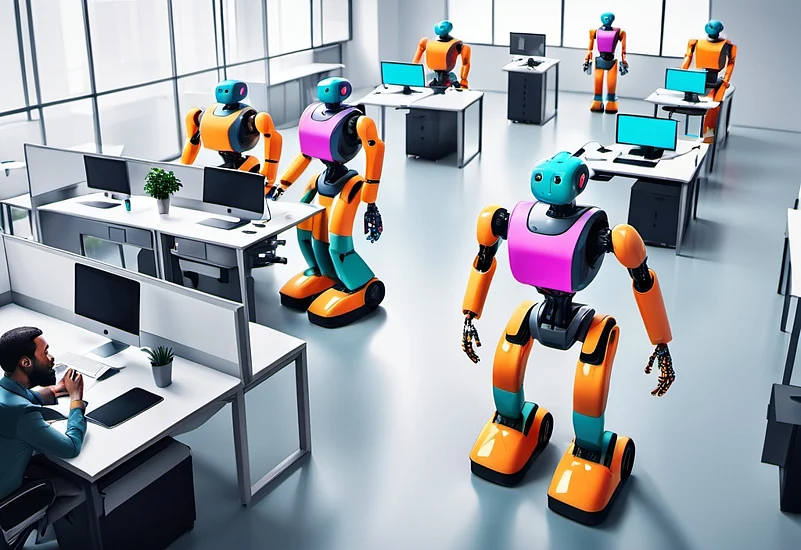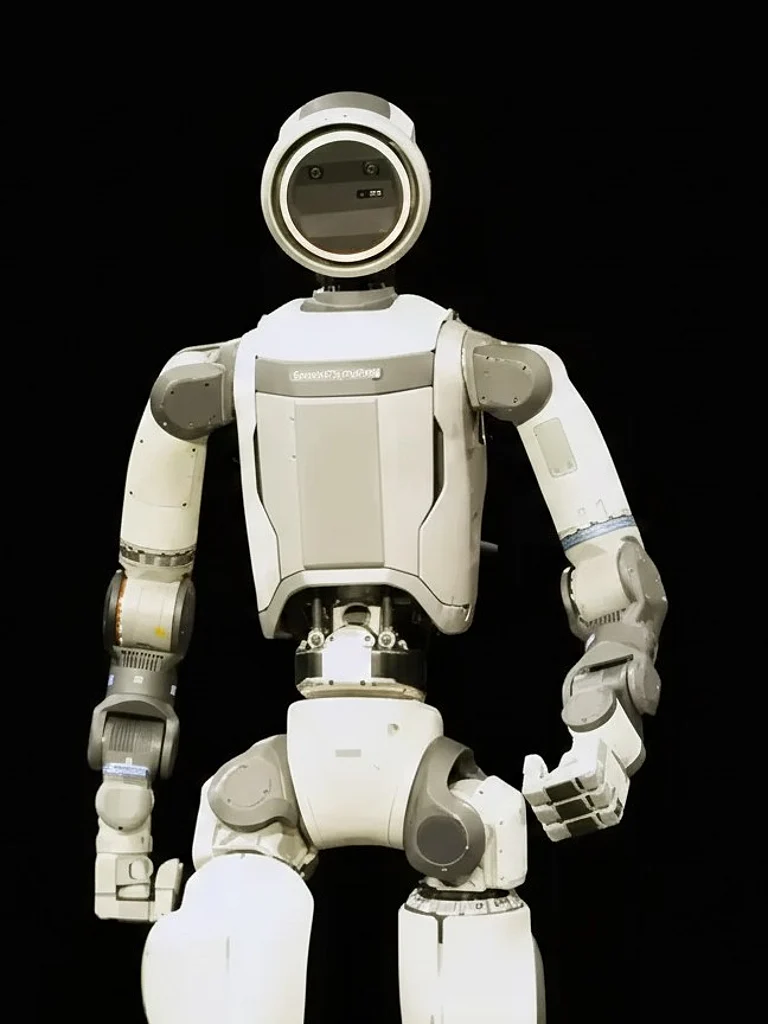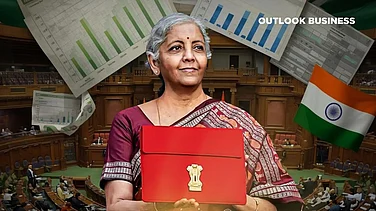A day ahead of the Union Budget 2025, the Economic Survey indicated that if companies implement AI too rapidly without proper planning and sensitivity, it could lead to significant job losses. This in turn would lead to intervention on the part of the states to impose taxes on profits earned from AI-driven labor replacement. This, in turn, brings the question if a robot tax is imminent in India.
The survey says, "If companies do not optimise the introduction of AI over a longer horizon and do not handle it with sensitivity, the demand for policy intervention and the demand on fiscal resources to compensate will be irresistible. The state, in turn, has to resort to taxation of profits generated from the replacement of labour with technology to mobilise those resources."
What is a robot tax?
To simplify, a robot tax is basically a proposed tax that is charged when companies are replacing human labour with robots. It was first introduced in South Korea in 2017 under then President Moon. The tax was introduced in the country due to the fear that robots are replacing workers. The intent behind the implementation of the tax was to provide a safety net for job losses due to automation. As per the Korean Times, an industry source at the time of implementation of the tax said, "Though it is not about a direct tax on robots, it can be interpreted as a similar kind of policy considering that both involve the same issue of industrial automation."
Microsoft founder Bill Gates has been an advocate of robot tax. He reportedly said, "For a human worker who does $50,000 worth of work in a factory, the income is taxed," Gates said. He further added that If a robot comes in to do the same thing, it will make sense to tax the robot.
What does the Economic Survey Say?
The survey tabled yesterday has highlighted that due to India's size and its relatively low per capita income, AI's impact will be more prominent in the Indian labour market. Chief Economic Adviser V. Anantha Nageswaran warns that insensitive AI adoption by corporates will leave everyone worse off and the country’s growth potential will suffer, adds the survey. This is where states have to resort to taxation of profits generated from the replacement of labour with technology.
It has further added that it becomes pertinent for the government, private sector and academia to collaborate together for AI driven productivity to increase. It says, "A tripartite compact between the government, private sector and academia can ensure that the gains from AI-driven productivity are widely distributed, taking us in the direction of the ideal inclusive growth strategy."
Demand for Robot Tax
The demand for robot tax has been growing in India. RSS-linked Swadeshi Jagran Manch last year ahead of the Budget told Finance Minister Nirmala Sitharaman that a robot tax should be implemented to subsidise employees who lost their jobs due to automation. Speaking to The Hindu, Ashwani Mahajan, economist and national co-convenor of the SJM said, "We are not against the adoption of cutting-edge technology including AI, but it is a fact that in the short run, this will lead to loss of employment among certain sections of employees, and a ‘robot tax’, as it’s being termed, can be used for creating a fund that would help these workers upskill and adapt to new technologies."
The International Monetary Fund (IMF) in a paper released in June 2024 also indicated that AI has the possibility to replace jobs and overall make the transition painful. It says, " While AI could eventually boost overall employment and wages, it could put large swaths of the labor force out of work for extended periods, making for a painful transition."
Experts have also indicated that a robot tax has two benefits- help those who have been replaced by automation and encourage businesses to carefully compare the benefits of employing human workers versus using automation. As per think tank Brookings Institution, "By reallocating wealth generated from the use of robots and AI, the robot tax aims to fund essential public services and initiatives—ranging from supporting elder care and social welfare to education and retraining." It will be interesting to see if India goes through the path of robot tax as automation gains prominence in the country.
































